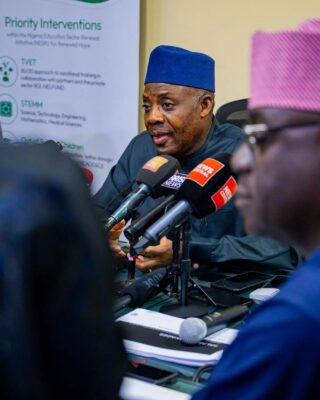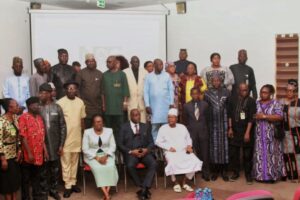The Federal Government has reiterated its commitment to resolving all outstanding issues with university-based unions, expressing optimism that the Mahmud Yayale Ahmed Expanded Negotiation Committee will secure a sustainable agreement beneficial to all stakeholders.
Minister of Education, Dr. Maruf Tunji Alausa, stated this on Wednesday, noting that President Bola Ahmed Tinubu has directed that every effort must be made to prevent further disruptions in the academic calendar.
“The President’s directive is clear — we must avoid strikes and ensure that our children remain in school,” the Minister said.
Dr. Alausa explained that the Ministry has been working intensively to conclude its counter-offer to the Academic Staff Union of Universities (ASUU) and other unions, adding that the current administration possesses the political will to address issues that have lingered for over a decade.
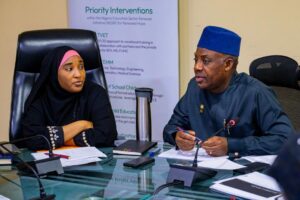
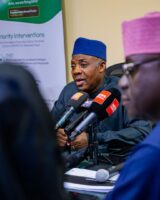
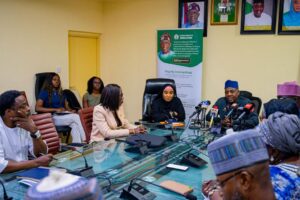
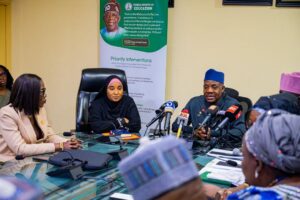



He acknowledged delays in constituting the Expanded Negotiation Committee but assured that the team, inaugurated on Monday, has already commenced work toward achieving a fair and lasting agreement with both academic and non-academic unions.
“We appeal to the unions not to see strike as a first option. The government genuinely wants to resolve these issues comprehensively and permanently,” he emphasized.
The Minister disclosed that President Tinubu has approved ₦150 billion in the 2025 budget, to be disbursed in three tranches, as part of measures to improve teachers’ welfare and meet some of the unions’ demands. He further assured that by 2026, all outstanding arrears, including the 25% wage award, would be fully paid.
“While we may not meet every demand at once, the government is committed to providing substantial benefits and financial improvements. This process is being handled at the highest level of government with sincerity, trust, and commitment,” Dr. Alausa affirmed.
He urged unions to remain patient and cooperative, assuring them that the Federal Government’s priority remains keeping students in school and ensuring stability across Nigeria’s tertiary institutions.

